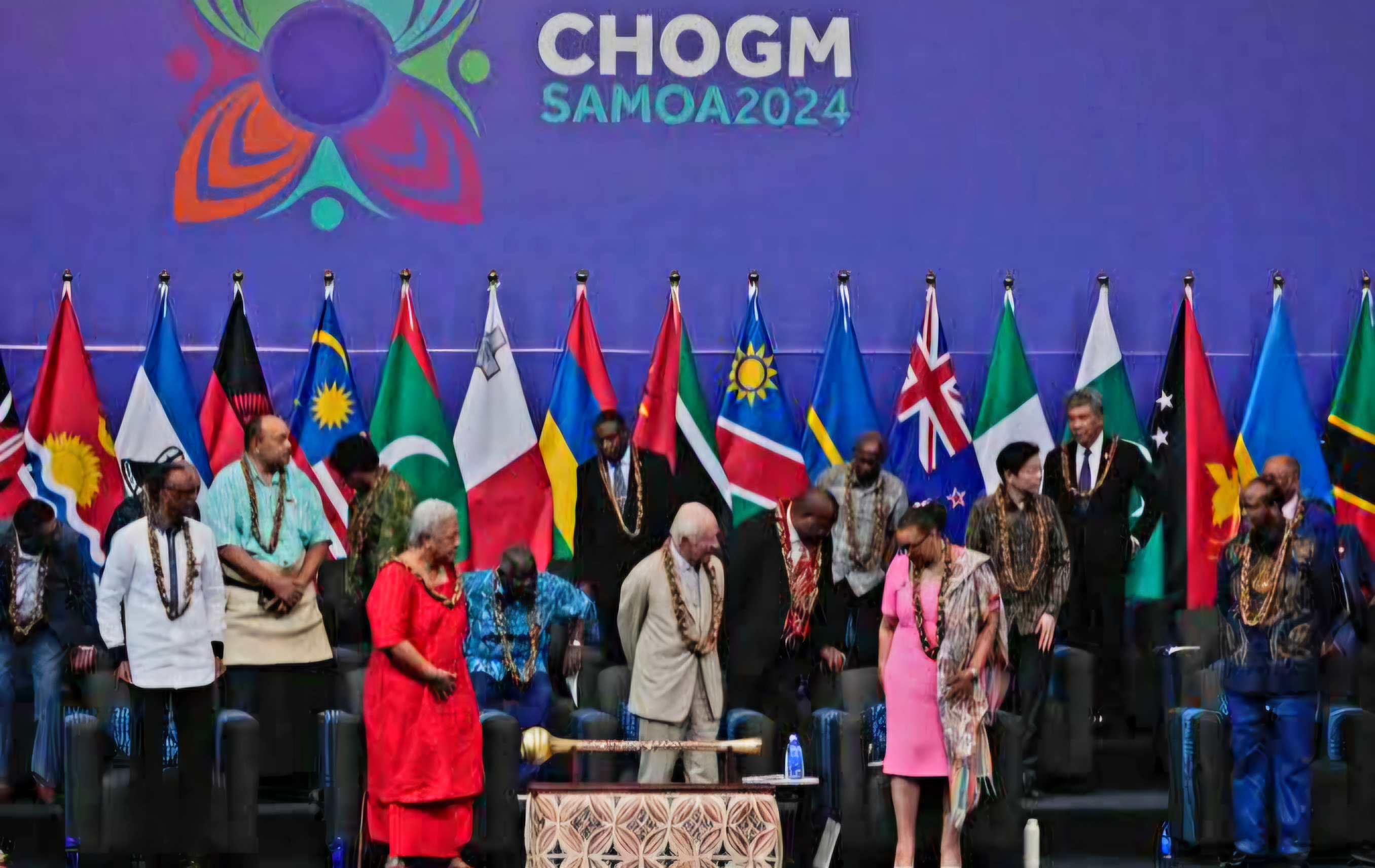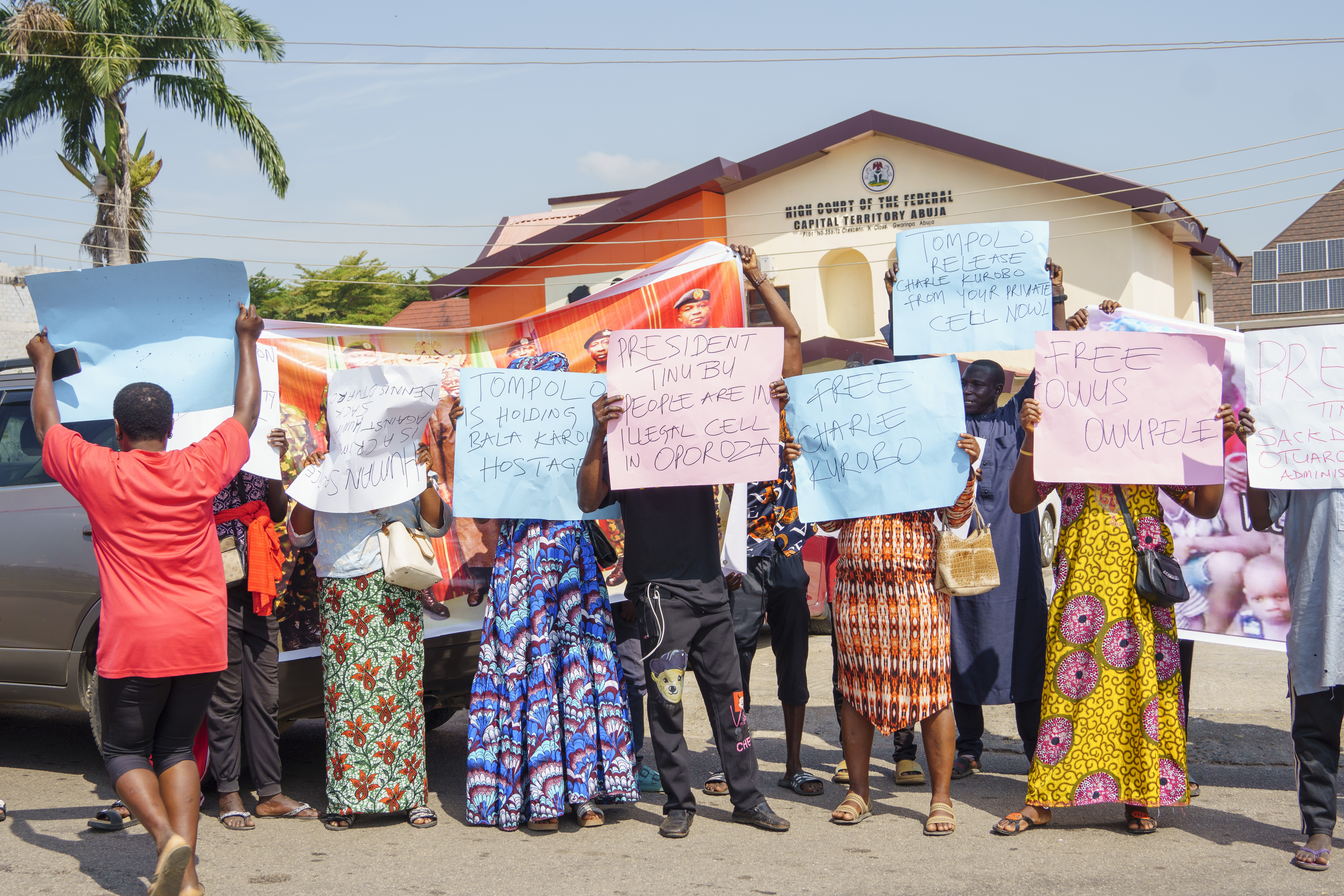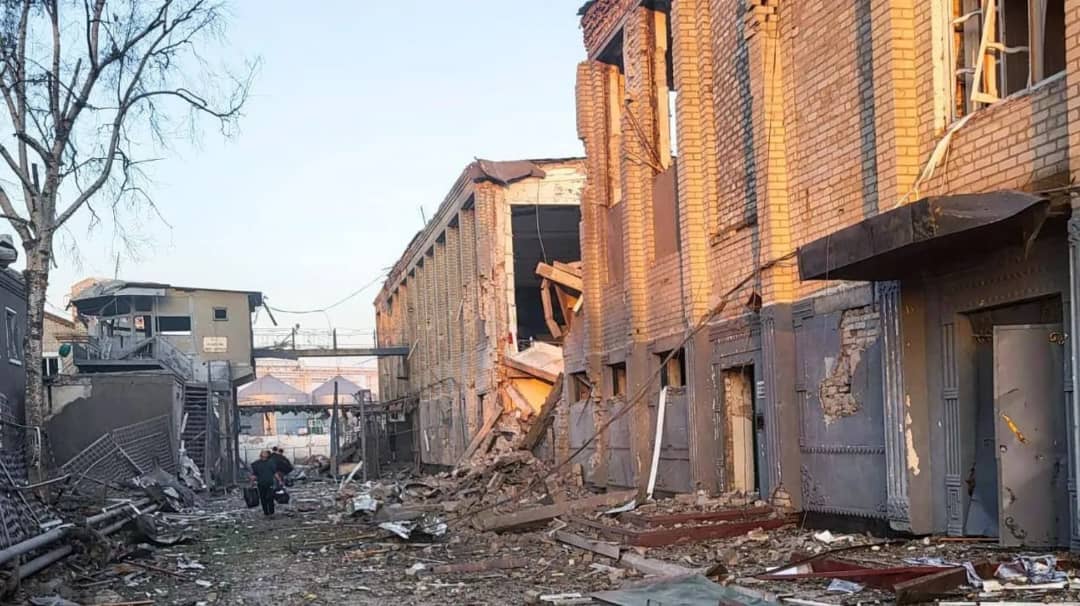A Call for Reparations: The Commonwealth's Opportunity to Acknowledge History and Shape the Future
- by Mike Morris, RNG247
- about 7 months ago
- 115 views

With the recent assumption of leadership by a new secretary-general, the Commonwealth faces a critical juncture in its relevance. In some circles, the organisation is dismissed as a relic of the past, unworthy of serious consideration in an age that prizes modernity. However, this perspective overlooks the value and potential of the Commonwealth, which continues to attract nations eager to benefit from shared ties of language, legal systems, and educational frameworks that facilitate trade and cooperation.
While the Commonwealth grapples with its identity and purpose in today's world, it is imperative that it confronts the pressing issues that lie within its reach. Just as it once addressed the moral crises of apartheid South Africa, the Commonwealth now has the opportunity to lead discussions around an equally significant and fraught topic: reparations for the transatlantic slave trade, the largest forced migration in human history.
Support for the Commonwealth has often been rooted in right-leaning sentiment, but recent divisive commentary suggests a call for the United Kingdom to sever ties with the organization in the wake of discussions on reparations. This mirrors the historical reluctance some exhibited during the era of apartheid when they advocated for continued relations with an oppressive regime.
Opening this dialogue on reparations could not only enhance the relevance of the Commonwealth but also breathe new life into its mission, fostering a sense of unity and purpose among member nations. The scale and complexity of the slave trade raise valid questions: who bears responsibility for reparations? Should the burden fall on individuals, governments, or communities? Despite the challenges, dismissing the necessity for reparations is not an option; the historical harm inflicted is far too profound.
The legacy of the slave trade still reverberates across generations, inflicting persistent social and economic harm. Moreover, the wealth amassed by Britain and other European countries during this dark chapter in history has perpetuated systemic inequalities that endure today.
One significant barrier to progress is the notion that today's generations should not be held accountable for the actions of their ancestors. To overcome resistance to reparations, it is essential to embrace a collaborative approach that fosters mutual benefit. Initiatives could include joint investments and cooperative programs designed to create sustainable, long-term value for both Britain and other Commonwealth nations.
Infrastructure development must be a key focus, driving economic growth, job creation, and intra-continental connectivity. African nations face significant challenges with respect to trade, largely a remnant of colonial policies that favored extraction over local exchange. Efforts like the proposed free trade agreement across Africa's 54 nations could unlock economic potential, but this must be supported by adequate infrastructure, such as roads and railways.
Debt relief is another critical area for discussion. Many African nations grapple with crippling debt loads that inhibit their ability to invest in vital sectors such as education and healthcare. By addressing these financial burdens through innovative solutions, the Commonwealth could demonstrate its commitment to fostering equitable development.
Calls for the UK to leave the Commonwealth will not silence the reparations discourse; rather, this conversation is gaining traction across platforms such as the African Union and the Caribbean Community. Rather than retreating, the Commonwealth has the chance to demonstrate leadership akin to its past efforts against apartheid, positioning itself as a facilitator for constructive dialogue on reparation strategies that prioritize cooperation over conflict.
As Africa stands on the verge of unprecedented opportunity with a projected demographic boom, the Commonwealth must recognize that acknowledging its historical transgressions is crucial to forging a path toward a mutually beneficial future. The narrative surrounding the organisation often paints it as a venue for mere discussion, yet on the critical issues of reparations, dialogue is not only necessary—it is essential.
















0 Comment(s)